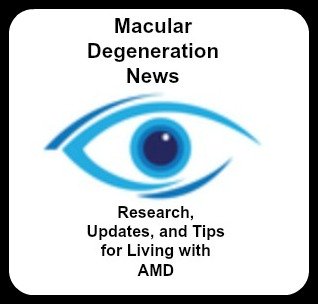Loss of Depth Perception
Loss of depth perception is a common symptom of macular degeneration. Depth perception is the ability to determine space and distance between objects in three dimensions.
Loss of depth perception refers to the inability to perceive the distance between objects accurately in three-dimensional space. Depth perception is crucial for tasks such as judging distances, or catching objects, driving, and navigating through the environment safely.
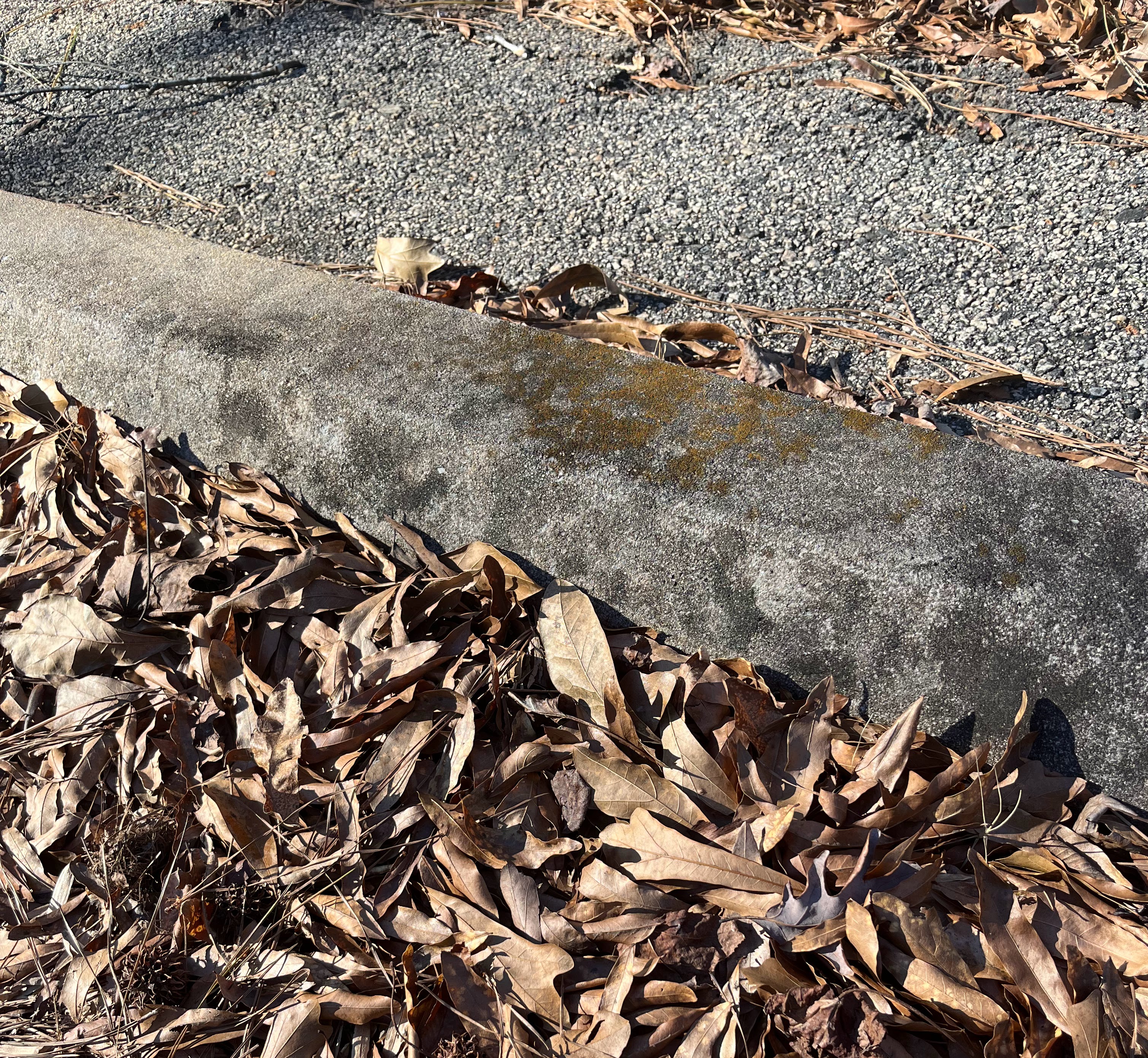
Because depth perception requires two eyes with healthy vision, loss of depth perception is often another sign of AMD. So even if one has a "good" eye, but the other eye has low vision, depth perception is affected.
For example it becomes difficult to identify how high or low a step is or to be able to determine how much distance exists between objects.
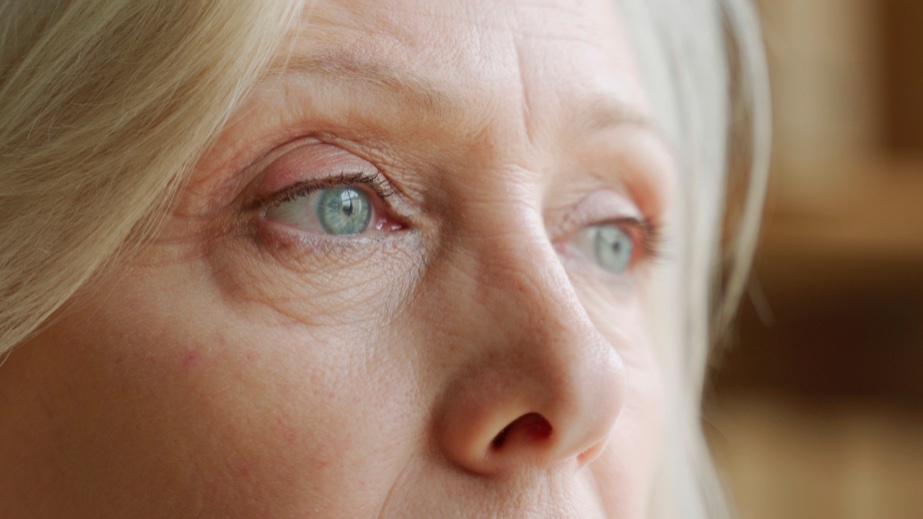
Richard L. Windsor, O.D., F.A.A.O. writes, "Patients are diagnosed daily with macular degeneration but few patients are adequately counseled on how their vision will be affected. Vision loss from macular degeneration is much more than just a loss of visual acuity. It is important that we counsel these patients on the variety of visual problems they will encounter."
Causes for Loss of Depth Perception
There are several potential causes of loss of depth perception, including:
- Vision Problems: Conditions such as cataracts, glaucoma, macular degeneration, and diabetic retinopathy can affect vision and lead to loss of depth perception.
- Eye Disorders: Some eye disorders, such as amblyopia (lazy eye) and strabismus (crossed eyes), can interfere with binocular vision, which is essential for depth perception.
- Neurological Conditions: Damage to the brain, particularly in areas responsible for visual processing, can impair depth perception. This can occur due to stroke, traumatic brain injury, or neurological disorders.
- Medications: Certain medications, such as those used to treat epilepsy or psychiatric disorders, can affect vision and perception, including depth perception.
- Aging: As people age, changes in the eyes, such as reduced pupil size and decreased ability to focus, can lead to a decline in depth perception.
Impaired Depth Perception Can Lead to Falls and Accidents
Impaired depth perception can be dangerous, because it significantly increases the risk of injuries and accidents making it more difficult to walk or climb a set of stairs without tripping or falling.
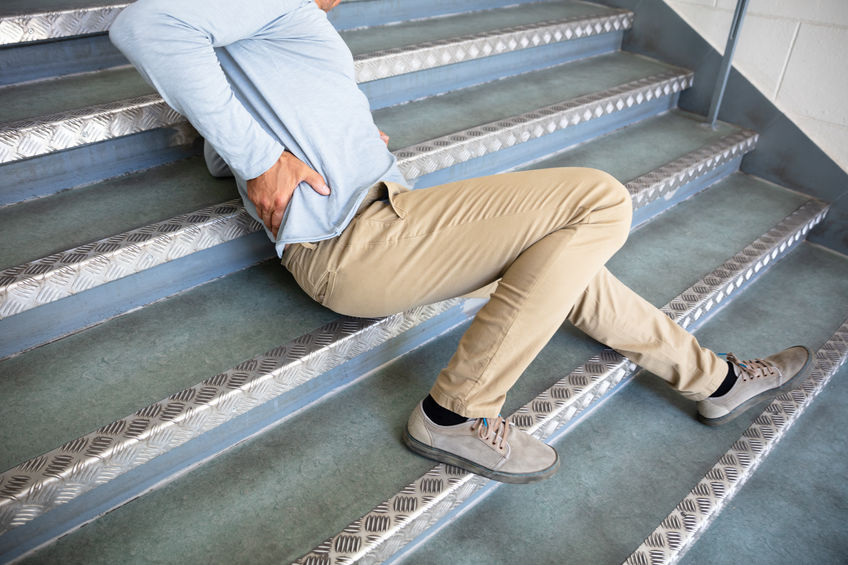
That is why you will see low vision specialists who come to the home, pay special attention to steps and how they are lighted and marked.
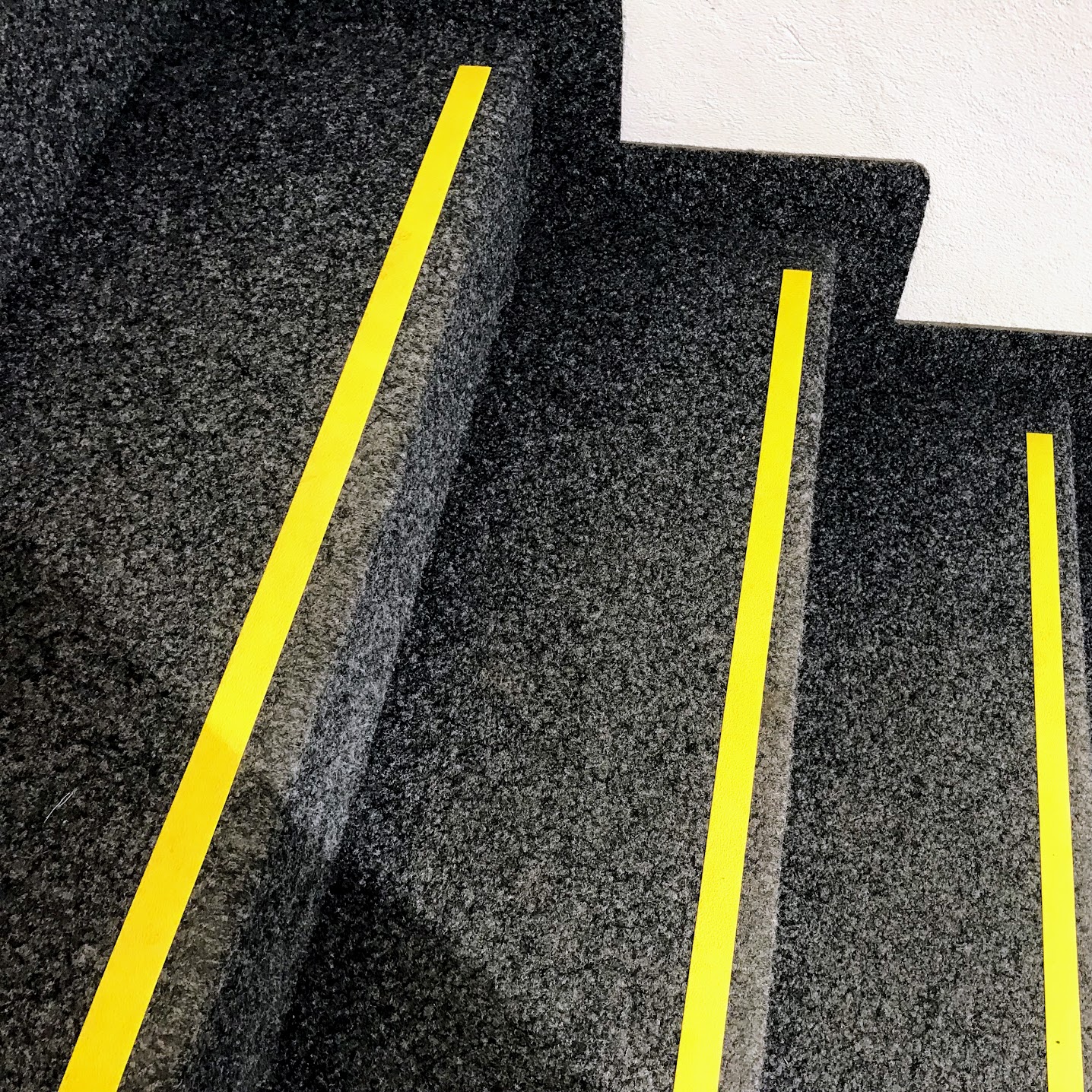
Impaired depth perception also interferes with one 's ability to drive safely because it is difficult to judge distance between cars, how far away a pedestrian is that's strolling through a crosswalk, or distance to a stop light. Parking a car can be much more challenging as there is less room for error especially when parking between two cars.

Loss of Depth Perception and Everyday Activities
Loss of depth perception can interfere with everyday activities such as pouring a glass of water so it doesn't overflow or threading a needle.
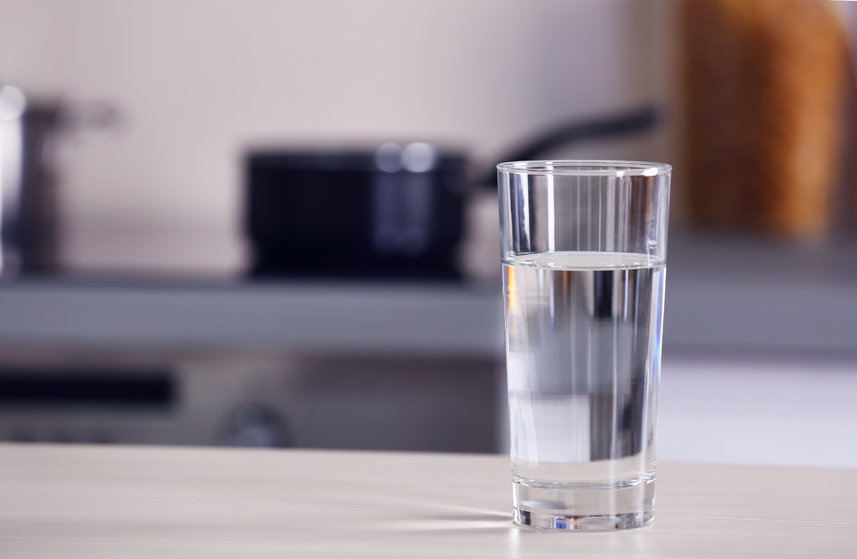
Playing ball with your child or grandchild can be difficult as one tries to judge distance when catching or throwing.
Strategies for Loss of Depth Perception
Strategies for dealing with loss of depth perception include improved lighting and increased contrast.

1. Improve Lighting
Utilize floor or table lamps, overhead lighting and chandeliers to light up your rooms. More lighting improves the ability to sense distance and depth. Install motion sensing lights so they come on automatically when you enter a space.

2. Utilize Contrast
See how contrasting the dark coffee in a white cup allows one to "see" how full the cup is? Use contrast at your kitchen table with solid white plates on a dark table or solid color plates on a white table. Do not use clear glasses for your water because the clear makes it more difficult to judge distance. My father-in-law who had wet macular degeneration often tipped over his water glass because he couldn't judge how far or close it was to him.
Instead find colored glasses to make your meal time experience more enjoyable.
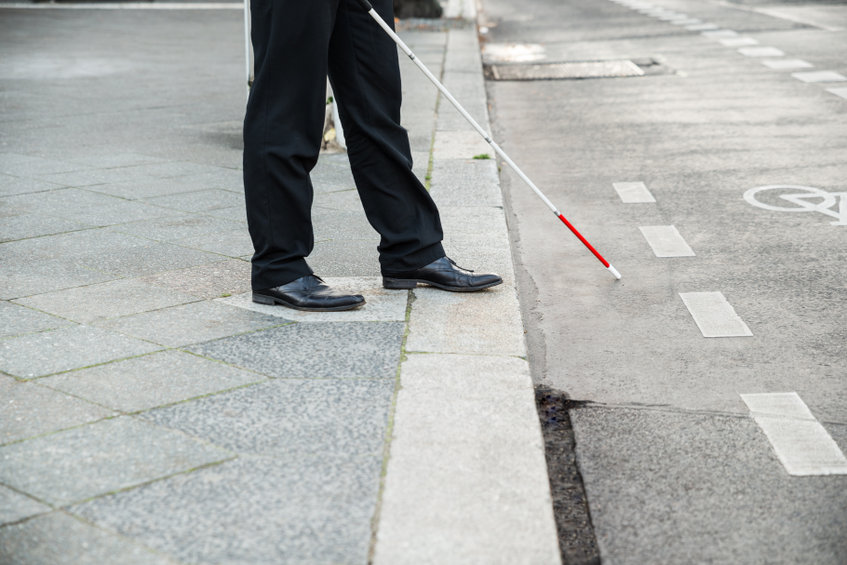
A white cane is not just for the blind. It is an important aid for determining depth and distance for those with low vision or macular degeneration.
The loss of depth perception can be subtle and not always easily recognized. If one is concerned about this symptom of macular degeneration, tell your eye doctor who can test for depth perception during your comprehensive eye exam.
Loss of depth perception can have significant implications for daily activities and safety. Individuals experiencing this symptom should consult with an eye care professional who can test for depth perception during a comprehensive eye exam.
One's medical doctor may also need to be consulted to determine the underlying cause and explore possible treatment options, which may include corrective lenses, low vision therapy, or medication adjustments.
Your low vision therapist can provide additional strategies and accommodations to help cope with the challenges associated with loss of depth perception.
Go from Loss of Depth Perception to Macular Degeneration Symptoms
Return to WebRN Macular Degeneration Home
√ Prevention of Macular Degeneration?
√ Tips for Daily Living?
√ Food Suggestions for a Macular Degeneration Diet?
√ Ideas on Visual Aids to Maximize your Sight?
If you said "yes" to any of the above, sign up for the monthly Macular Degeneration News.
